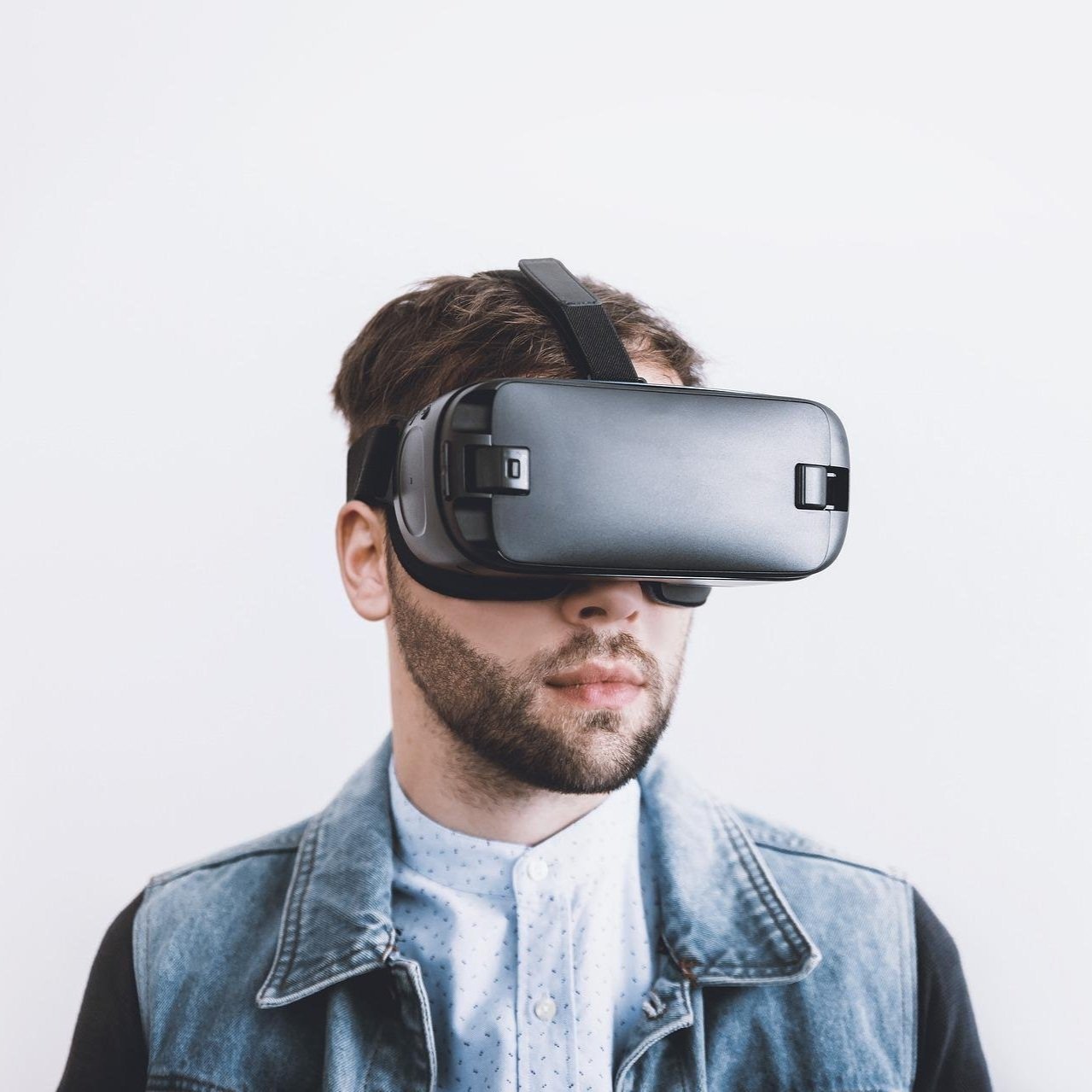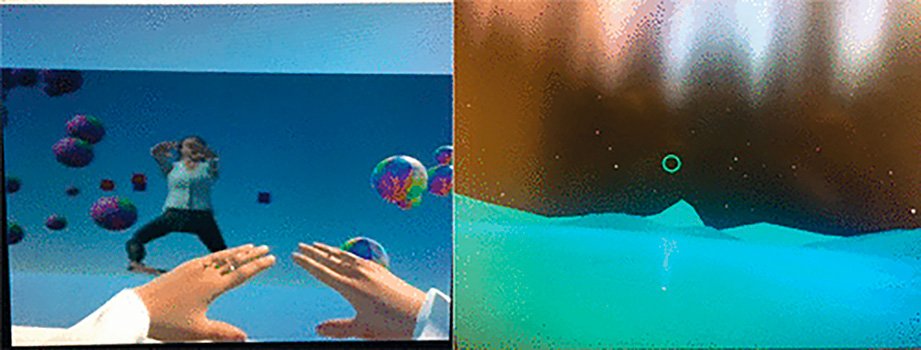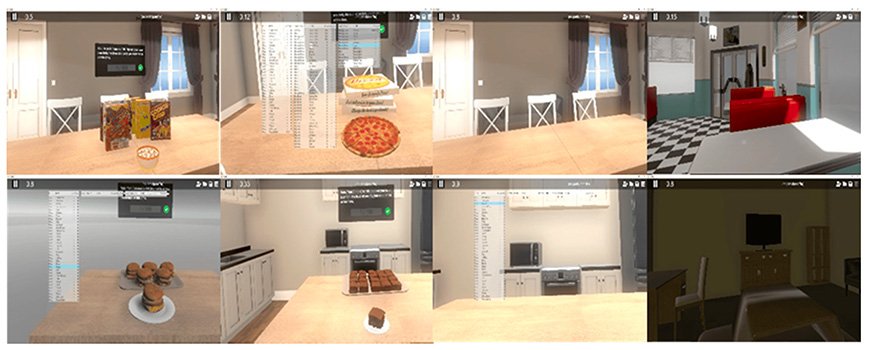Test
As extended reality technology and innovation move forward, it is important that accurate evaluation of its safety, efficacy, and effects on human behavioral, mental, and physiological health is observed and reported on by independent clinical scientists. The VR-IT lab is iteratively researching the next generation of scalable evidenced based XR solutions by:
- Providing clinical consultation and feedback to developers of XR behavioral health innovations.
- Supporting and conducting VR1-3 clinical trials of XR enhanced mental health treatments.
- VR1 studies: focusing on safety, content development by working with patients and providers through the principles of human-centered design.
- VR2 trials: involving early testing with a focus on feasibility, acceptability, tolerability, and initial clinical efficacy.
- VR3 trials: VR3 trials evaluating efficacy and effectiveness of XR interventions in naturalistic settings and test for scalability.
- Creating principles and standards of evaluation with professional organizations such as the American Psychiatric Association and Society of Digital Mental Health.
Please contact us if you’d like to be involved or have ideas for us at Stanford’s VR-IT program.
Find out more about our current research areas and affiliate faculty

Extended Reality (XR) enhanced behavioral activation for treatment of Major Depressive Disorder
funded by Wu Tsai Neurosciences Institute, Neuroscience: Translate program
Researchers: Kim Bullock & Jeremy Bailenson
Embodied Virtual Reality Therapy for Functional Neurological Symptom/ Conversion Disorder
Clinical Trial
Researcher: Kim Bullock


Translational Therapeutics Lab
Carolyn Rodriguez
Virtual reality (VR) tailored toward targeted rehabilitation of the affected brain networks in patients with neurocognitive disorders
Hadi Hosseini


Project Brave Heart
Lauren Schneider
Stanford Adult Eating and Weight Disorders Program
Debra Safer, Cristin Runfola, and Sarah Adler


BActivate
Margot Paul
